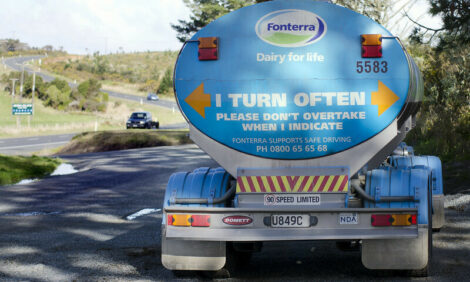



The Looming Food Crisis
US - Land that was once used to grow food is increasingly being turned over to biofuels. This may help us to fight global warming - but it is driving up food prices throughout the world and making life increasingly hard in developing countries.|
A grain mill in Manitoba.
|
Add in water shortages, natural disasters and an ever-rising population, and what you have is a recipe for disaster. John Vidal reports
The mile upon mile of tall maize waving to the horizon around the small Nebraskan town of Carleton looks perfect to farmers such as Mark Jagels. He and his father farm 2,500 acres (10m sq km), the price of maize - what the Americans call corn - has never been higher, and the future has seldom seemed rosier. Carleton (town motto: "The center of it all") is booming, with $200m of Californian money put up for a new biofuel factory and, after years in the doldrums, there is new full-time, well-paid work for 50 people.
But there is a catch. The same fields that surround Jagels' house on the great plains may be bringing new money to rural America, but they are also helping to push up the price of bread in Manchester, tortillas in Mexico City and beer in Madrid. As a direct result of what is happening in places like Nebraska, Kansas, Indiana and Oklahoma, food aid for the poorest people in southern Africa, pork in China and beef in Britain are all more expensive.
Challenged by President George Bush to produce 35bn gallons of non-fossil transport fuels by 2017 to reduce US dependency on imported oil, the Jagels family and thousands of farmers like them are patriotically turning the corn belt of America from the bread basket of the world into an enormous fuel tank. Only a year ago, their maize mostly went to cattle feed or was exported as food aid. Come harvest time in September, almost all will end up at the new plant at Carleton, where it will be fermented to make ethanol, a clear, colourless alcohol consumed, not by people, but by cars.


